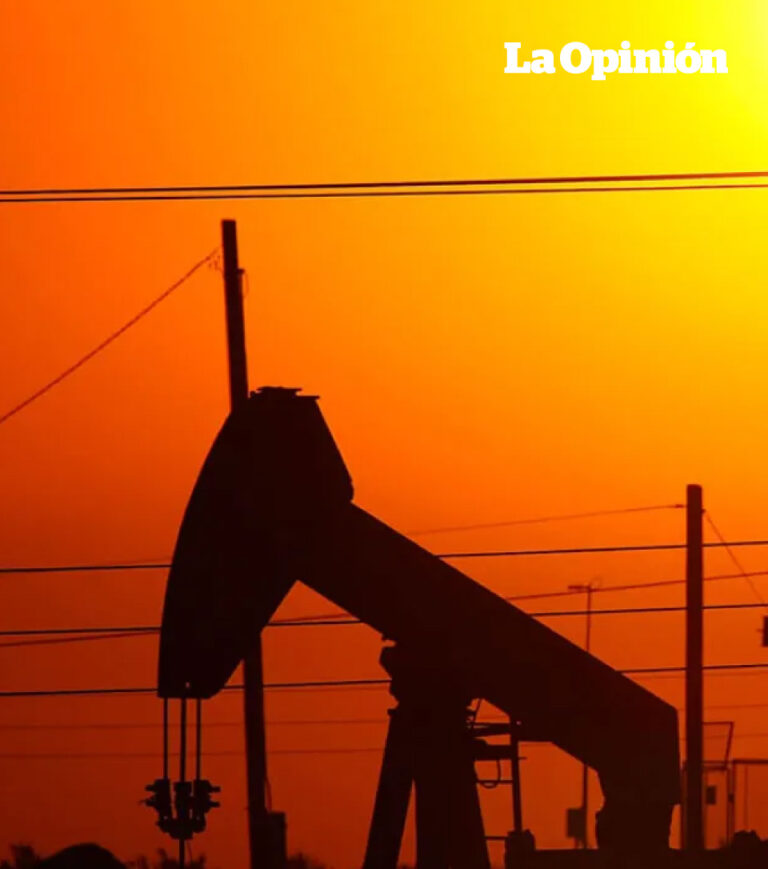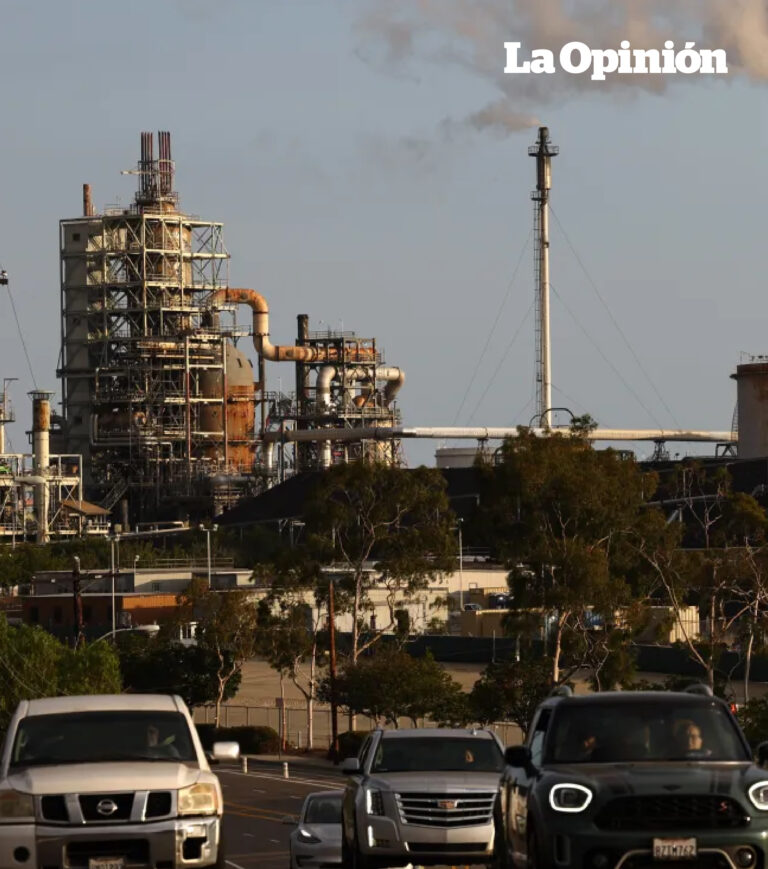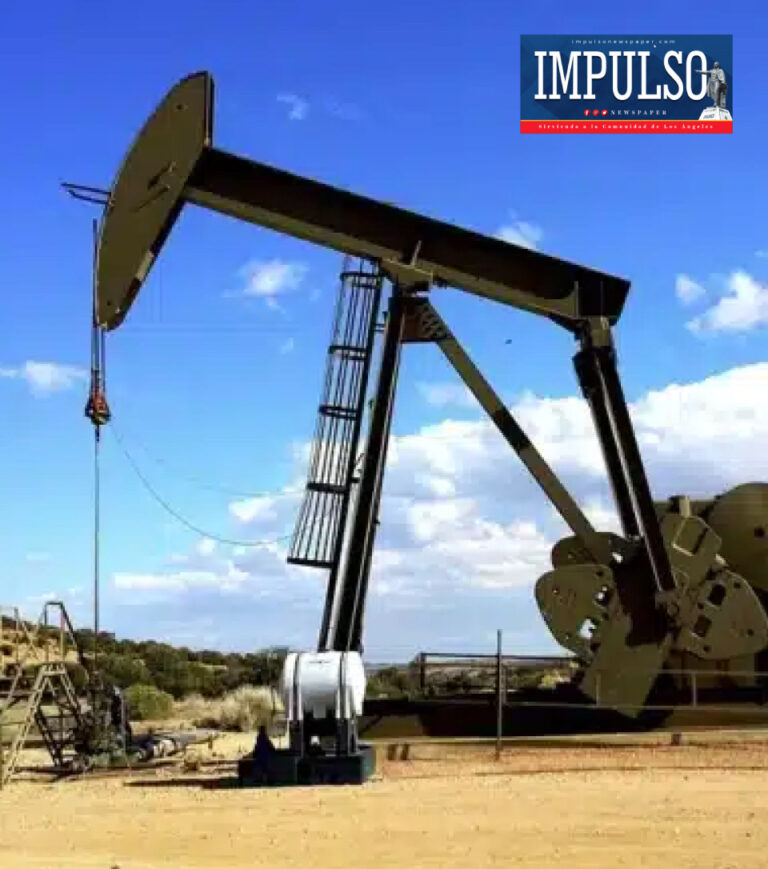
IT WOULD HOLD OIL COMPANIES ACCOUNTABLE FOR CLEANUP OF DEPLETED WELLS.
At stake this week is AB 1167. This bill, by Assemblywoman Wendy Carrillo, closes a loophole in the state’s oil well operations system and is important to the health of many thousands of Californians.
After being passed by the state Assembly and Senate on September 13, it needs to be approved by Governor Gavin Newsom. And yet, it has been in his office for more than a week and he has yet to do so. We don’t know if he will, or if he will succumb to pressure from oil industry interests.
What is it all about
As is well known, there are thousands of small oil wells, many of them in densely populated areas in Southern California, primarily by low-income Latino communities.
Living near the wells leads to respiratory problems such as asthma and adverse birth outcomes, as bad or worse than living next to a freeway or being exposed to secondhand smoke every day.
The operation of these fields is temporary: after a few years, the well begins to be drained empty of the oil that was sitting in the depths.
When that begins to happen, the original owners sell them to other, smaller companies. In a cycle, they pass from one owner to another, each time to smaller and smaller companies with fewer resources.
Finally, when there is nothing left to dig out of the ground, the well has to be cleaned and closed. This is an exhaustive and expensive process, costing at least $7,000, which has to be taken care of by the owner, in other words, the last company that bought the well.
But often, if this company did not manage to recover its investment and if it does not have enough money to clean the wells, it declares bankruptcy.
“It’s not just a few,” Linda Escalante, the Southern California legislative director for the Policy Advocacy Center at the Natural Resources Defense Council, an international organization with thousands of volunteers across the country, told me in an interview, “it’s about 32 percent of the total of these wells.
Currently, the money that the corporation that built the wells initially put up for that purpose is not even enough to cover 10 percent of that cost.
Consequently, it is the state that has to take care of it.
Families lose twice
It is to avoid this unfair and advantageous situation that AB 1167, which will require those who purchase the wells to make a deposit as a surety bond for the actual cost of the cleanup as a condition of the purchase, is necessary. In a recent article in La Opinión, I explained the content of the motion when it had not yet been approved in the Legislature, as well as the community’s need for it to become law.
In the current situation, families lose twice. First, when the wells in operation poison their lungs and those of their children. The second, when the state must pay millions of dollars of our tax dollars that would otherwise go, in part, to public services.
The Struggle in Sacramento
Linda Escalante is also a commissioner with the California Coastal Commission and has worked for NRDC for 18 years. In the interview, the activist described a scene during debate sessions at the Legislature in Sacramento in the last week of session. “We were just two environmentalists, and there were more than 20 oil industry lobbyists. They were everywhere,” he said. The power of large corporations to mobilize resources to get legislation passed that suits them was on display.
And they referred to the companies that eventually buy the rights to the wells before they are fully depleted, Escalante related, as “mom and pop” companies, that is, family-owned, low-income businesses. But this is not true.
“Nobody who is poor buys an oil well,” he explained.
These lobbyists “came out in an attempt to try to kill AB 1167, after they had succeeded in killing two bills, 986 and 674 by Lena Gonzalez.”(*)
Why is the delay in the signing of the bill worrisome?
“I am concerned over this delay on the governor’s part to sign the bill,” Escalante said, “the fact that he didn’t take advantage of this week.”
He has spoken very well against the oil companies, but there may be a difference between words and deeds, because “here he has an opportunity to do something that is going to have an effect in a short time. It’s something very important for the health of all Californians, especially those who live very close to these wells, who are mostly Latinos.
That’s right. But for now, we don’t know. It may be that Gavin Newsom will issue his veto. If he does, it would be a victory for polluters who profit from people’s health.
A victory they would win because they can spend millions of dollars lobbying to block legislation like this one.
Sign the bill, Governor Newsom
AB 1167 is a simple and straightforward bill. It makes common sense and does justice to bring the world’s most powerful companies into compliance.
And while it is not the complete solution to the problem, which is shutting down all oil wells operating near a population, it is a step forward.
“It’s a law of fairly limited scope, and yet they went all out to try to kill it,” Escalante concurred.
Because it is true: the community is facing powerful corporations, whose main concern is profit for their shareholders, and who do not pay attention to the damage they can produce.
The governor needs to put aside their pressure, and, as he has done several times this year, show courage in his contribution to the benefit and advancement of our people.
Gavin Newsom should sign AB 1167 into law now.
(*) Escalante was referring to Assemblyman Joaquín Arámbula’s AB 985 motion, to regularize emission reduction credit systems. And to SB 674 of State Senator Lena Gonzalez that would have strengthened the monitoring system to measure the concentration of toxic substances in the environment at the property line of refineries.




